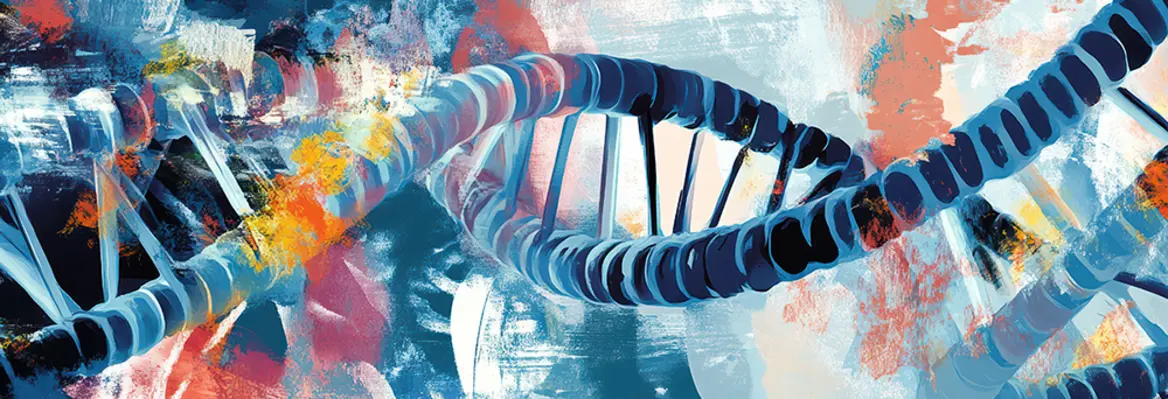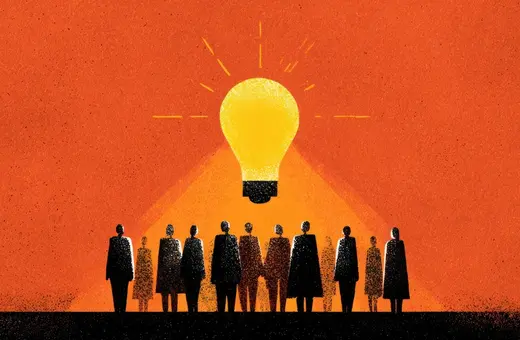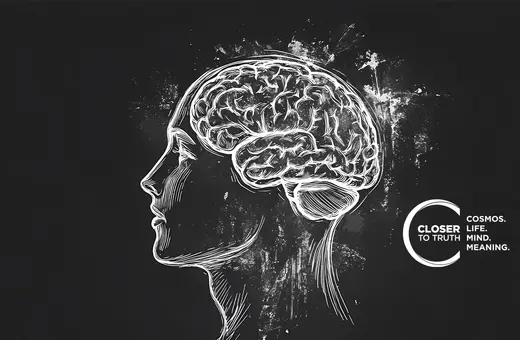Science is ruled by a small club of insiders who decide what kinds of research are getting us closer to the truth—and they’re getting it wrong. Brilliant ideas are shut out, innovation is stalled, and billions are wasted chasing safe bets. If we want real progress, from cancer research to cosmology, we should move to a radically egalitarian method of funding scientists, argues philosopher of science Jamie Shaw. We need to break the monopoly, spread the funding more widely, and start trusting scientists to be as wild, diverse and unpredictable as the world they seek to explain.
Science funding is broken
In 2022, the US, China, the EU, Japan, and Russia together spent around two trillion dollars on science. While this may make one think that scientists are spoiled with riches, this is far from enough to go around. Scientists often clamor for funds, with one estimate suggesting that they spend upwards of 60% of their time just applying for funding, and it is rare that more than 20% of submitted applications receive funding. This forces tough decisions about where funds should be prioritized within science.
___
While a lot of innovation happens in science, most of it gets blocked by peer review.
___
Almost universally, these decisions are made or informed by consulting scientists who act as “peer reviewers” to tell funding institutions what is worth their investments. The idea behind it is simple: scientists know the science best, so they have the authority to decide what sorts of science are getting us closer to the truth. This justifies giving them power to make funding decisions. On top of this, scientists are assumed to know where the most important truths lie. Asking scientists to review the project proposals of other scientists, therefore, can seem to be the best way to get the most bang for our buck. Governments and funding agency spokespeople routinely use peer review to promise publics that their tax dollars are going to the most important scientific projects that are out there.
SUGGESTED VIEWING Truth, science, and reality With Hilary Lawson, John Ioannidis, Jess Wade
But there are several very serious problems with peer review. One is how expensive it is. One study found that over 100 million working hours went into peer reviewing journal articles in 2020—and this is an underestimate and the numbers are growing. Reviewing grant proposals is similarly time consuming. And this is just the reviewing side of things. Writing grant proposals takes much more work. That’s a lot of time that could have been spent on other things, like doing the actual science.
Another worry is that peer review tends to be biased against scientists from specific social groups. If you’re a woman, person of color, person with disabilities, non-native speaker, or a person from a “less prestigious” institution, odds are you will have a tougher time getting funding, regardless of how capable you are. Many scientists do not advance in their career because peer review blocks them from getting a chance. This gets called the “Matthew Effect”: to the rich go the spoils! If you don’t start off “rich” (e.g., at a prestigious university), you have worse odds of proving your capabilities. While, in theory, focusing on the science should make peer review more “objective,” peer reviewers are humans and, like all humans, have biases that they do not fully recognize.






















Join the conversation